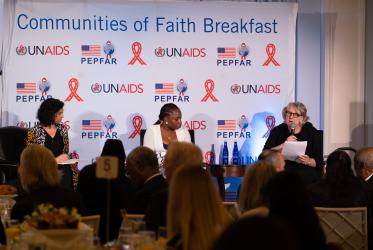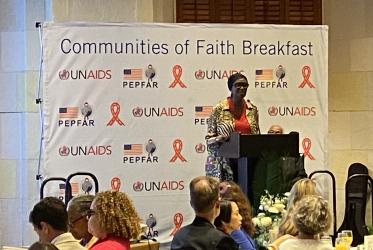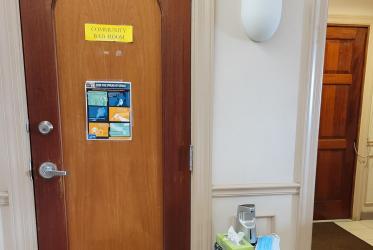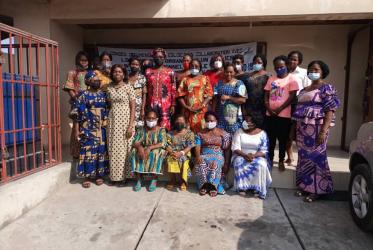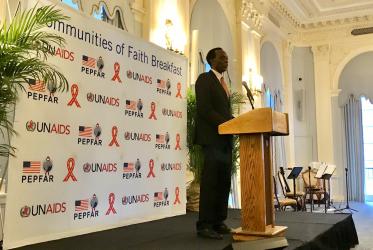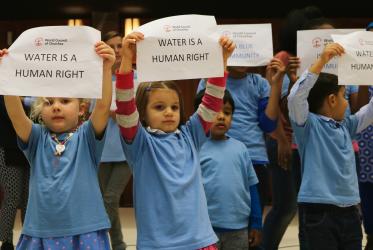Displaying 1 - 20 of 33
“Bathroom ministry” for the homeless
14 December 2021
Youth amplify #NoDAPL movement in Standing Rock
22 April 2021
Emily Welty: tide of hope for a world free from nuclear weapons
19 September 2017
Applications open for WCC Eco-School
10 May 2017
Youth engagement fundamental to HIV response
18 April 2017
UN discussion focuses on women, HIV and property rights
21 March 2017
